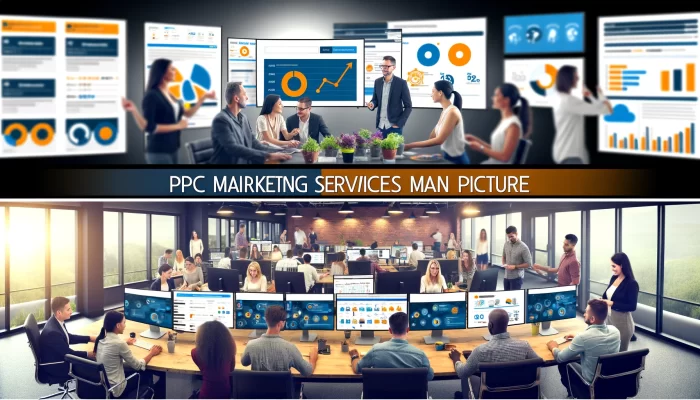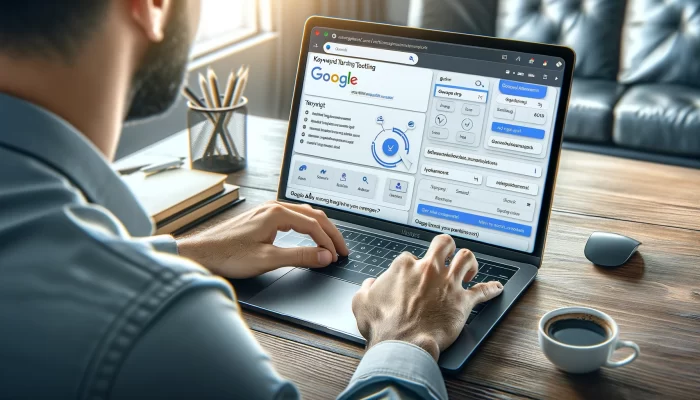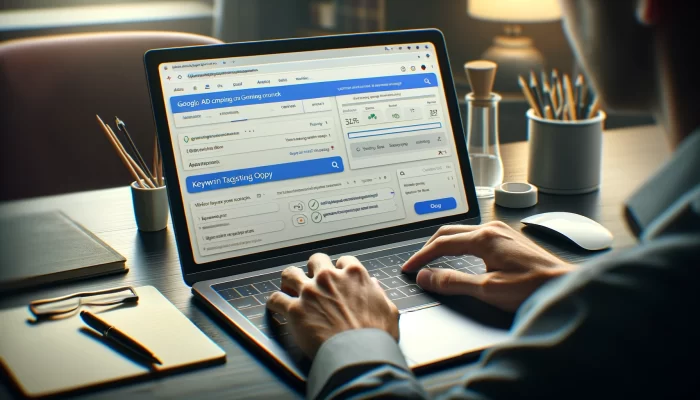Drive Immediate Results with Targeted PPC Marketing
Elevate your digital strategy with our PPC Marketing services. Specializing in creating high-impact pay-per-click campaigns, we position your brand in front of your target audience at the right moment. From Google Ads to social media advertising, let’s maximize your online visibility and drive conversions.

PPC Marketing: Precision, Performance, Profit
In the fast-paced world of digital marketing, PPC stands out for its ability to deliver quick, measurable results. Our approach to PPC Marketing is rooted in precision targeting and continuous optimization to ensure your advertising budget is invested wisely. By combining market insights with creative ad design and strategic bidding, we help you achieve your marketing objectives, whether it’s increasing sales, generating leads, or enhancing brand awareness.
Our Services
Customized PPC Campaigns for Every Platform
Google Ads Management – Crafting and managing Google Ads campaigns that capture high-intent traffic and deliver conversions.


Social Media Advertising – Leveraging the power of platforms like Facebook, Instagram, and LinkedIn to engage with your audience and drive targeted actions.
Remarketing Campaigns – Re-engaging visitors who have shown interest in your products or services with tailored ads.


Keyword Research & Selection – Identifying high-value keywords to target the right audience and maximize campaign performance.
Ad Copywriting & Design – Creating compelling ad copy and visuals that resonate with your audience and encourage clicks.


Landing Page Optimization – Designing and optimizing landing pages that convert visitors into leads or customers.
Analytics & Reporting – Providing detailed reports on campaign performance to ensure transparency and facilitate informed decision-making.


